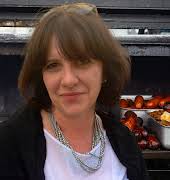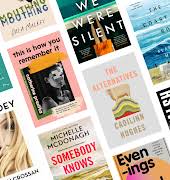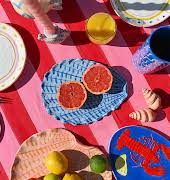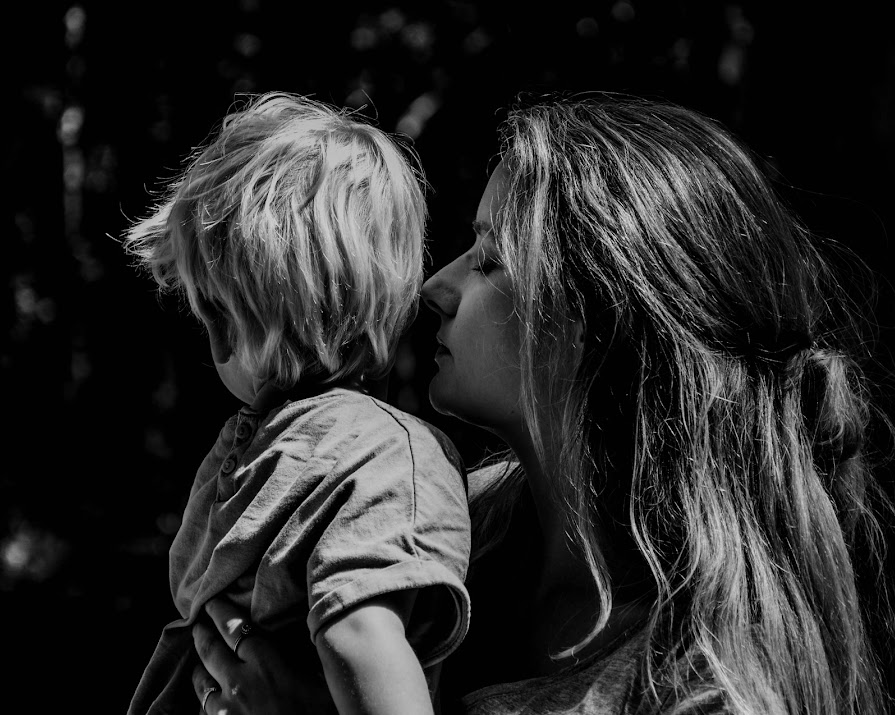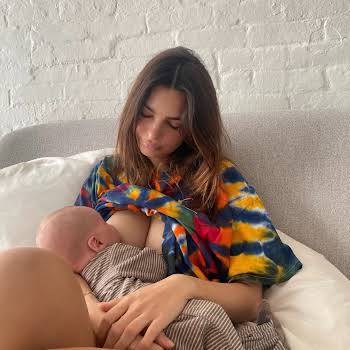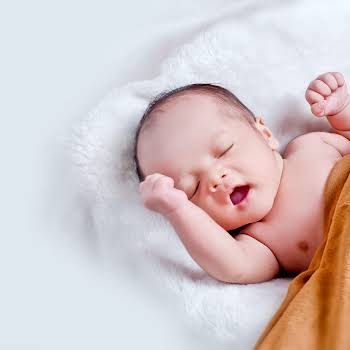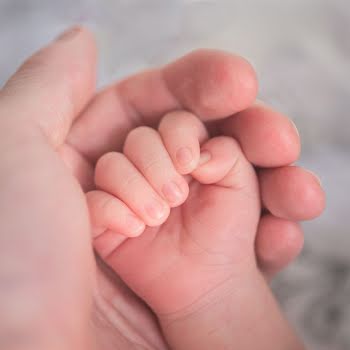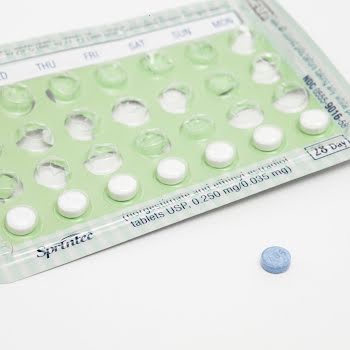
Whether it's minding elderly parents, ferrying the children around their over-scheduled life, or striving for that promotion in the office, working hard has never been so exhausting. Amanda Cassidy examines the rise of burnout, and how the culture of go-go-go is affecting women of all ages.
I am now that person who can barely stay up past 9pm. I float from desk to couch via hours in the car bringing the kids to whatever activities/matches/playdates/dentist appointments are crammed into our daily family calendar. Every waking hour involves fitting something into the day that I ‘should’ be doing; I’m time-poor, self-care-less and constantly playing whack-a-mole with the obligations in my life.
Drink enough water? Whack.
Buy new shin pads for the kid’s hockey? Whack.
Advertisement
Fit in a pilates class? Whack.
Blend broccoli into the pasta sauce? Whack
Achieve the latest deadline for edits? Whack, whack, whack.
The pace of life has increased because I’m working hard, and because the children’s activities have stepped up a notch. My ambition to achieve great things means I’m exhausted by the simple act of living. My 2023 burnout is surprising and entirely real.
And yours probably is too.
During the pandemic, hairdresser and mother of three, Orla vowed to make some major changes within her own household.
Advertisement
“We realised how much running around we’d been doing, how overscheduled we were between our work, the children’s activities, playdates and appointments,” she explains. “I felt we needed to find a better balance and the very slow few months we spent together while on lock-down magnified how we all needed more downtime.”
However, just a short time after life resumed and despite her best efforts, Orla found her family’s schedule even busier. “There was a lot of FOMO about getting the kids back to things like swimming and we started to put ourselves under pressure to ensure they did everything they’d missed out on.”
Orla’s business had been effected by the lockdown so she was also scrambling to try and build back up her clients. Meanwhile her husband’s job meant he was travelling more. On top of everything, Orla’s father got a diagnosis of dementia.
“I have the brunt of childcare responsibilities because my husband tends to travel for frequently for work,” Orla explains.
“Plus the kids sports is supercharged. The matches seem to get earlier and earlier and it just doesn’t work out to have one child playing GAA in Lucan and another doing soccer in Crumlin at the same time. I spend every moment in the car, running from Billy to Jack, and that’s before the partlies and playdates, the dentists appointments, the grinds, and all this on top of my own work and trying to care for my dad. The relentless grind of working, raising kids, and trying to do it all is making me sick’”
Earlier this year, when Orla went to her GP to try and figure out if her constant exhaustion was perimenopause, lack of iron or something more sinister, she was told she was suffering from burnout. She’d never had any major mental health problems before but suddenly she was struggling to get through the weeks.
Advertisement
“If I wake at night I can’t get back aslepe because I’m making lists or working through how I’ll get my dad looked after while I’m working. It feels very much like a pinch point and there’s no letting up.”
Orla’s story is symptomatic of a deeply ingrained imbalance presenting more frequently that the pandemic initially highlighted and exacerbated. Women, particularly mothers are managing a complex set of responsibilities on a daily basis – an often-unpredictable combination of unpaid domestic chores and paid professional work.
Jackie, a financial controller with two young sons says she didn’t realise that burnout was affecting her physical health as well as mental health. “In early 2022, I got shingles, I was just about functioning as I tried to go for a promotion while managing the day to day at home.” Stress trying to ‘do it all’ affected her eating and sleep. “It felt as if I was sleepwalking through it all with an inexplicable weariness that started to feel like I’d never shake. It wasn’t a lack of rest, it was an inability to switch off because I was in a constant state of flight or fight.”
New research has found that burnout is at an all-time high. In the workplace, a report by Deloitte found that 53% of women surveyed said their stress levels are higher now than they were a year ago, and almost half feel burned out.
One-third have taken time off work because of mental health challenges, yet only 43% feel comfortable talking about these challenges in the workplace. Additionally, the “always on” culture remains—more than one-third of women rate their ability to switch off from work as poor/very poor.
Recently, The World Health Organization (WHO) included burnout in its International Classification of Diseases, IDC-11, claiming that it “refers specifically to phenomena in the occupational context…a syndrome conceptualized as resulting from chronic workplace stress that has not been successfully managed…”
Advertisement
The WHO noted that the syndrome was characterized by three dimensions: 1) feelings of energy depletion or exhaustion; 2) increased mental distance from one’s job, or feelings of negativism or cynicism related to one’s job; and 3) reduced professional efficacy.
The ICD-11 was drafted in response to recommendations from global health experts with an intended goal of ending the debate over how to define burnout and whether it should be considered a medical condition. It will now be globally recognized as a syndrome, not a disease, but the clear definition from the WHO should increase the number of healthcare providers and insurers who acknowledge, treat, and cover the symptoms.
Recently presenter and Sunday Times bestselling author Anna Whitehouse, spoke on the Women’s Prize for Fiction podcast about burnout; “We need to stop glamourising overworking. Please,” she pointed out. “The absence of sleep, good diet, exercise, relaxation and time with friends and family isn’t something to be applauded. Too many people wear their burnout as a badge of honour. And it needs to change.”
Agent and publicist Abigail Bergstrom had a high-flying career in publishing for many years, but at just 32, she suddenly found herself unable to get out of bed.
In her essay on Substack, she explains how she found herself: “In my old life every ticking minute was accounted for from the moment I opened my eyes. I’d combine a walk to the Tube with a client call, and a trip to get a bikini wax with an opportunity to order those Mother’s Day flowers. Each action was multitasked, every half-hour slot blocked out in my diary. I’d get urinary infections regularly because I’d be too busy to go to the toilet; I stopped noticing my swollen bladder — I was distracted.
Busyness was a badge of honour and it was the go-to response to the question: ‘How are things?’ There is nothing glamorous about living like this. There is nothing fortifying about maximising your productivity at every turn. It leads to a joyless numbness. And it eventually makes you seriously ill.”
Advertisement
There is nothing glamorous about living like this. There is nothing fortifying about maximising your productivity at every turn. It leads to a joyless numbness. And it eventually makes you seriously ill.”
“Charlene Gisele, a Cambridge-educated life coach who specialises in burnout prevention and sustainable high-performance, said something in an interview recently that left me humbled: “burnout is overdoing and under being.”
Burnout also isn’t confined to the workplace. Parental burnout arises when parents chronically endure severe stress without sufficient resources to cope, which may lead to detrimental consequences not only for the parent but also for their partner (e.g., marital conflict) and children. Alan Ralph is an honorary principal fellow at the School of Psychology at the University of Queensland he says that while uncertainty remains regarding how these features interact and trigger one another over time, chronic parenting stress is characterised by four main symptoms for parents:
- Experiencing physical or emotional exhaustion – or both.
- Feeling shame about their parenting, or that they’re not as good a parent as they used to be.
- Feeling overwhelmed or “fed up” with the role of being a parent.
- Feeling emotionally disconnected from their children.
“Everyone faces challenges and there is no such thing as a perfect parent or child. Despite many feeling this way, recent research shows 60% of parents don’t routinely do anything to relax and recharge. This research reports two in five parents feel tiredness impacts their ability to be the kind of parent they want to be, and nearly half of all parents think there’s not enough time in the day to get everything done.
Advertisement
And that’s the conundrum. It can be hugely challenging for caregivers to carve out time and space to look after themselves.”
The so-called ‘sandwich years’ of having responsibilities towards children, elderly parents and trying to balance work means parental burnout is one part of a larger conversation needed around the realities of ‘doing it all’.
Ultimately it’s a problem of depletion. There really aren’t enough hours in the day. And yes, maybe it is a pressure we are putting on ourselves, but nothing in life is more important than your health.
Being assertive enough to say no to things is invigorating and empowering. If you can’t manage self-care, at least strive for a sense of control over how you spend your days.
Consider this a reminder not to sweat the small stuff. After all, there are no medals for martyrs.
Advertisement

